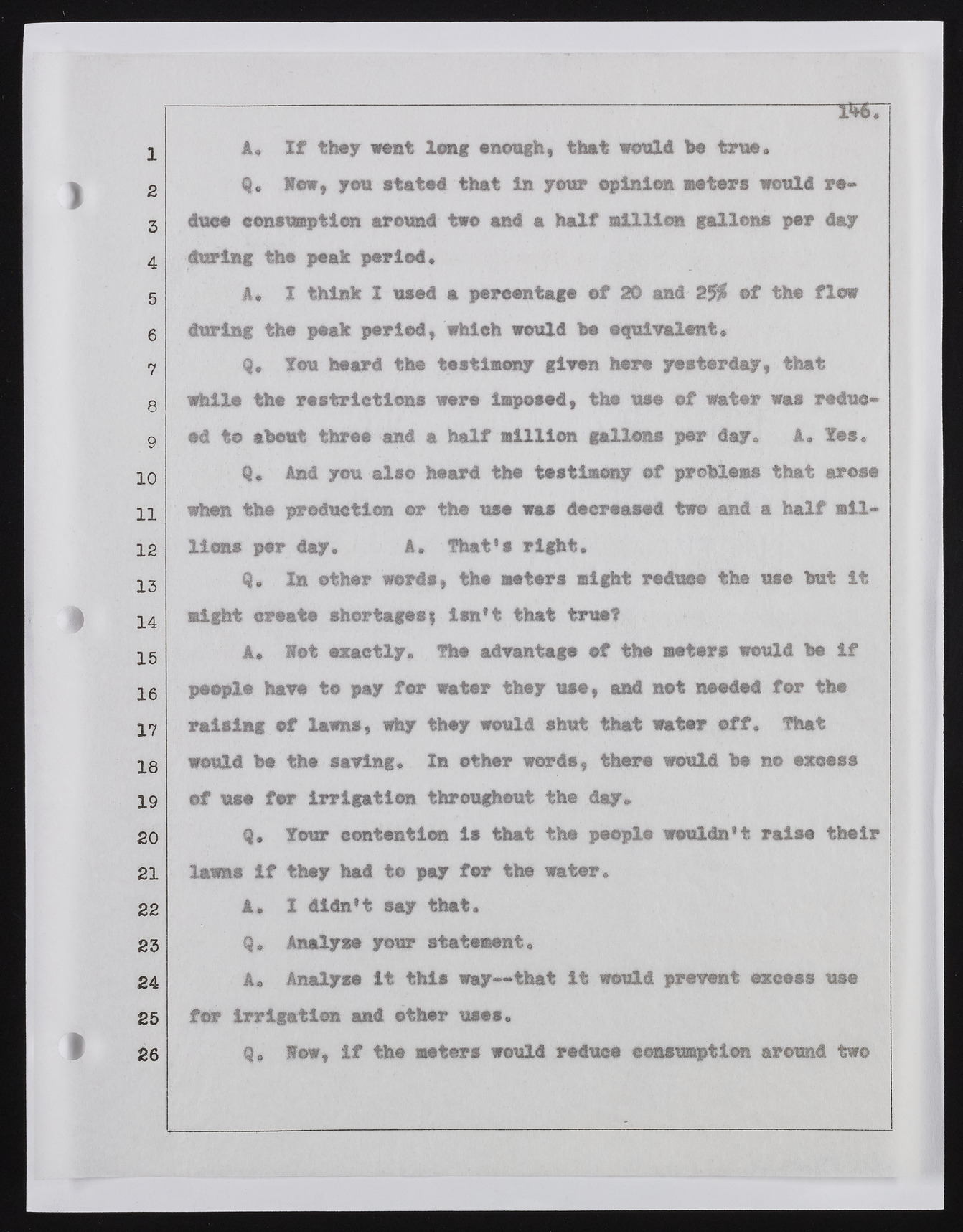Copyright & Fair-use Agreement
UNLV Special Collections provides copies of materials to facilitate private study, scholarship, or research. Material not in the public domain may be used according to fair use of copyrighted materials as defined by copyright law. Please cite us.
Please note that UNLV may not own the copyright to these materials and cannot provide permission to publish or distribute materials when UNLV is not the copyright holder. The user is solely responsible for determining the copyright status of materials and obtaining permission to use material from the copyright holder and for determining whether any permissions relating to any other rights are necessary for the intended use, and for obtaining all required permissions beyond that allowed by fair use.
Read more about our reproduction and use policy.
I agree.Information
Digital ID
Permalink
Details
Member of
More Info
Rights
Digital Provenance
Publisher
Transcription
1 2 3 4 5 6 % 8 9 10 11 12 13 14 15 16 17 18 19 20 21 22 23 24 25 26 ------------------------------------------------------------ A* If they went long enough, that would be true* Qo Hew, you stated that In your opinion meters would reduce consumption around two and a half million gallons per day during the peak period* A. X think 1 used e percentage of 20 and 25% of the flow during the peak period, which would be equivalent* Q. feu heerd the testimony given here yesterday, that while the restrictions were imposed, the use of water was reduced to about three end a half million gallons per day. A. Xes. Q. And you also heard the testimony of problems that arose when the production or the use was decreased two and a half millions per day* A. That’s right. Q. Xn other words, tho motors might reduce the use but it might create shortages; isn't that true? A* Mot exactly. The advantage of the meters would be if people have to pay for water they use, and net needed for the raising of lawns, why they would shut that water off. That would bo the saving, Xn other words, there would be no excess of use for irrigation throughout the day* Q* four contention is that the people wouldn't raise their lawns if they had to pay for the water. A, X didn't say that. Q, Analyse your statement* A* Analyse it this way—that it would prevent excess use for irrigation and other uses. Qft Mow, if the meters would reduce consumption around two

